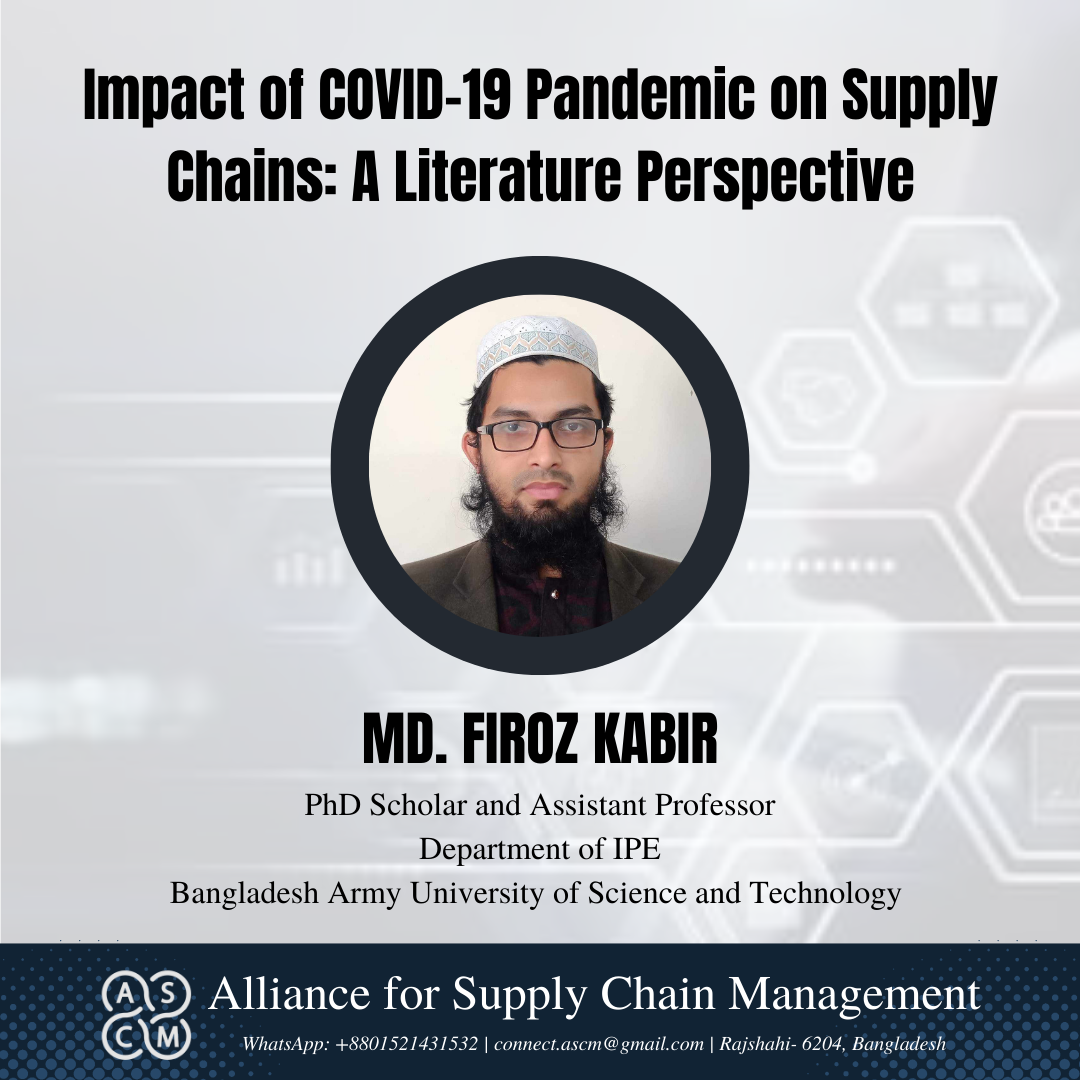Continuous Professional Development

Sustainability in Textile Industries of Bangladesh
The workshop session on “Sustainability in Textile Industries of Bangladesh” aims to delve into the critical intersection of environmental consciousness, social responsibility, and economic viability within one of Bangladesh’s most significant sectors. As the textile industry continues to burgeon, it faces increasing scrutiny regarding its environmental impact, labor conditions, and overall sustainability practices.
This session serves as a platform for stakeholders across the textile supply chain – from manufacturers and suppliers to policymakers and environmental advocates – to engage in dialogue, share insights, and explore innovative solutions for fostering sustainability.
Through interactive discussions and best practice sharing, participants will gain valuable insights into the challenges and opportunities inherent in promoting sustainability within Bangladesh’s textile industry. Ultimately, the workshop aims to inspire collective action and catalyze positive change towards a more sustainable and responsible future for the textile sector in Bangladesh and beyond.

Insight of Industrial Engineering as Career
The workshop titled “Insight of Industrial Engineering as Career” provides a comprehensive overview of industrial engineering and its various career prospects. Industrial engineering, situated at the intersection of business, engineering, and optimization, aims to enhance efficiency, productivity, and profitability across industries by improving processes and systems.
Through interactive discussions, industry insights, and career guidance, participants will delve into the fundamental principles, methodologies, and applications of industrial engineering. They will learn how industrial engineers analyze complex systems, pinpoint inefficiencies, and devise innovative solutions to tackle operational challenges. The workshop will underscore the versatility of industrial engineering as a career, demonstrating its relevance in diverse sectors such as manufacturing, logistics, healthcare, finance, and technology. Participants will explore a wide range of roles including process improvement, quality management, supply chain optimization, project management, and data analysis.
Furthermore, attendees will gain valuable insights into the requisite skills, competencies, and educational paths for success in industrial engineering. They will also learn about professional development opportunities, certifications, and avenues for continuous learning to stay updated on industry trends. Through real-world case studies, success stories, and interactive exercises, participants will gain practical insights into the day-to-day realities and rewards of a career in industrial engineering. They will also have the chance to network with experienced professionals and mentors, receiving valuable advice to navigate their career trajectories effectively.
Ultimately, the workshop aims to equip participants, whether students exploring career options or professionals seeking a change, with a clear understanding of the diverse opportunities in industrial engineering. Armed with the necessary skills and knowledge, attendees will be empowered to make informed decisions about their future in this dynamic field, unlocking their potential for a rewarding and impactful career journey.

Impact of COVID-19 Pandemic on Supply Chains: A Literature Perspective
The workshop titled “Impact of COVID-19 Pandemic on Supply Chains: A Literature Perspective” offers a comprehensive exploration of the profound effects and insights garnered from academic literature regarding the disruptions caused by the global pandemic on supply chain operations. As the COVID-19 crisis continues to reshape business landscapes worldwide, understanding its multifaceted impact on supply chains is essential for organizations to navigate challenges and build resilience.
Through an in-depth analysis of scholarly research and publications, this workshop provides participants with a nuanced understanding of how the pandemic has reverberated throughout supply chains, from manufacturing and distribution to procurement and logistics. Drawing on insights from academic studies, participants will gain valuable perspectives on the vulnerabilities exposed, the adaptive strategies employed, and the emerging trends reshaping supply chain management in the wake of the crisis.
Key topics addressed include the disruptions in global trade and logistics networks, shifts in consumer behavior and demand patterns, challenges in inventory management and supply chain visibility, and the role of digitalization and technology in mitigating disruptions and enhancing agility. Participants will also explore the implications for risk management, sustainability practices, and future-proofing supply chain strategies in a post-pandemic world.
By synthesizing findings from academic literature and real-world case studies, this workshop equips participants with actionable insights and best practices for managing supply chain resilience, adapting to uncertainty, and driving innovation in response to dynamic market conditions. Whether they are supply chain professionals, academics, policymakers, or industry practitioners, participants will gain valuable knowledge and perspectives to inform strategic decision-making and foster organizational resilience in the face of ongoing disruptions and future uncertainties.

Supply Chain Planning: Explained through Real-Life Scenarios
The workshop titled “Supply Chain Planning: Explained through Real-Life Scenarios” offers participants a dynamic and practical exploration of supply chain management principles using real-world examples and scenarios. Supply chain planning is a cornerstone of efficient operations, and understanding it through tangible situations enhances comprehension and application. Through interactive discussions, case studies, and immersive simulations, participants will delve into the complexities and challenges of supply chain planning across various industries and contexts. Real-life scenarios will be dissected to illustrate key concepts such as demand forecasting, inventory optimization, production scheduling, distribution logistics, and risk management.
Participants will have the opportunity to analyze how supply chain planning decisions impact overall business performance, customer satisfaction, and profitability. They will explore strategies for aligning supply chain planning with organizational goals, balancing cost-efficiency with responsiveness, and managing trade-offs in a dynamic marketplace.
Moreover, the workshop will spotlight emerging trends and technologies revolutionizing supply chain planning, such as predictive analytics, artificial intelligence, and blockchain. Participants will learn how these tools can enhance decision-making, optimize processes, and drive continuous improvement in supply chain performance. By anchoring theoretical concepts in real-life scenarios, this workshop bridges the gap between academic knowledge and practical application, empowering participants to develop critical thinking skills and problem-solving abilities essential for effective supply chain planning. Whether they are supply chain professionals, business leaders, or aspiring practitioners, participants will gain valuable insights and strategies to optimize supply chain operations, mitigate risks, and seize opportunities for competitive advantage in today’s dynamic business environment.

Business Value Creation through Supply Chain
The workshop titled “Business Value Creation through Supply Chain” is designed to provide participants with a comprehensive understanding of how strategic supply chain management can drive value and competitive advantage for businesses. In today’s dynamic and interconnected business environment, effective supply chain management has emerged as a critical driver of organizational success.
This session offers a unique opportunity for participants to explore the myriad ways in which supply chain activities can contribute to value creation across various facets of business operations. Through interactive discussions, case studies, and practical examples, participants will delve into key strategies and best practices for optimizing supply chain processes, enhancing efficiency, and maximizing profitability.
The workshop will cover a range of topics essential to understanding the role of supply chain management in business value creation, including demand forecasting, inventory management, supplier relationship management, logistics optimization, and risk mitigation strategies. Participants will gain insights into how each of these components contributes to overall business performance and sustainability.
Moreover, the workshop will examine emerging trends and technologies reshaping the landscape of supply chain management, such as blockchain, predictive analytics, and sustainability initiatives. Participants will learn how to leverage these tools effectively to unlock new opportunities for value creation and innovation within their organizations.
By fostering a deeper understanding of the strategic importance of supply chain management, this workshop aims to empower participants to drive transformative change and achieve sustainable growth in today’s competitive marketplace. Whether they are business leaders, supply chain professionals, or aspiring entrepreneurs, participants will gain actionable insights and practical strategies to enhance the efficiency, resilience, and profitability of their supply chain operations, ultimately creating long-term value for their organizations and stakeholders.

Insights of Industrial Engineering to Accelerate Career in Supply Chain
The workshop titled “Insights of Industrial Engineering to Accelerate Career in Supply Chain” is designed to provide participants with a comprehensive understanding of how principles of industrial engineering can be leveraged to advance careers in the supply chain domain. With the supply chain landscape evolving rapidly, there is a growing demand for professionals who can optimize processes, streamline operations, and enhance efficiency.
This session offers a dynamic platform for individuals aspiring to pursue or advance their careers in supply chain management to gain invaluable insights from seasoned experts in industrial engineering. Through a series of interactive discussions, case studies, and practical examples, participants will explore key concepts and methodologies relevant to supply chain optimization, including process analysis, system design, logistics management, and inventory control. Moreover, the workshop will highlight emerging trends and technologies shaping the future of supply chain management, such as automation, data analytics, and artificial intelligence. Participants will learn how to harness these tools effectively to drive innovation, improve decision-making, and adapt to evolving market dynamics.
By delving into real-world applications and best practices in industrial engineering within the context of supply chain management, participants will acquire valuable skills and knowledge that can propel their careers to new heights. Whether they are students exploring career opportunities or professionals seeking to enhance their expertise, this workshop offers a unique opportunity to gain practical insights and unlock the full potential of a career in the dynamic and ever-evolving field of supply chain management.

